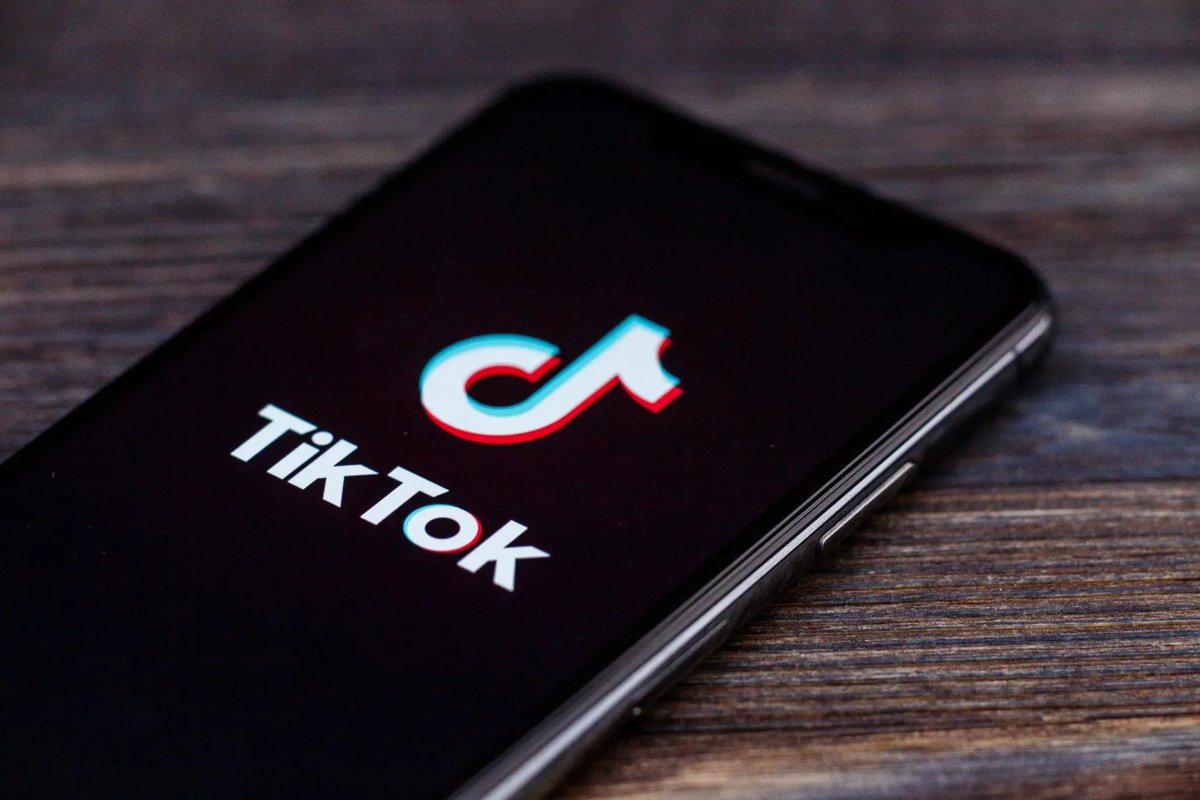Should Chinese diplomats be banned on Twitter?
I'll be leading a 30-minute debate next week (9/10) between two @ipacglobal members: the US's @RepGallagher (R-WI) and European Parliamentarian @MiriamMLex on this very question.
A brief thread on why this matters. (1/)
I'll be leading a 30-minute debate next week (9/10) between two @ipacglobal members: the US's @RepGallagher (R-WI) and European Parliamentarian @MiriamMLex on this very question.
A brief thread on why this matters. (1/)

Since the start of the Hong Kong protests in April 2019, we've seen a massive uptick in Chinese state messaging on Twitter.
Accounts connected to Chinese embassies, consulates, and ambassadors have increased by more than 250 percent. (2/)
Accounts connected to Chinese embassies, consulates, and ambassadors have increased by more than 250 percent. (2/)

As might be expected, these diplomatic accounts have consistently pushed pro-Beijing narratives, at times with a complete disregard for facts or reality. Here is a top Chinese diplomat alleging COVID-19 originated in the U.S. (3/) 

The U.S. has not been the only country on the receiving end of Beijing’s abrasive Twitter diplomacy. Last May, for example, the Chinese embassy in Paris hastily deleted a cartoon it posted after realizing it was antisemitic. (4/) 

In fact, Twitter was one of the key vectors of Chinese messaging and disinformation in Europe during the height of the COVID crisis there in March-April 2020. (5/) 

There is also evidence of foul play when it comes to the dissemination of Beijing’s narratives. In August 2019, Twitter shut down “a significant state-backed information operation” originating from within the PRC. blog.twitter.com/en_us/topics/c… (6/)
Undissuaded, Beijing persevered in its efforts and Twitter had to step in again in June 2020 to shut down almost 175,000 accounts that were involved in “a range of manipulative and coordinated activities” on behalf of the Chinese state. blog.twitter.com/en_us/topics/c… (7/)
This inauthentic behavior at times directly intersected with Chinese diplomats on Twitter. Italian researchers found that a large amount of the traffic spreading the Chinese embassy in Rome’s COVID-related hashtags in March 2020 was bot-driven formiche.net/2020/03/china-… (8/)
Beyond COVID, monitoring of Chinese diplomats’ accounts via @SecureDemocracy’s Hamilton dashboard shows that Beijing keeps denigrating democracies to shift the blame away from the CCP’s own failings. (9/) 

That activity has continued in connection with state media, as US-China tech struggles have heated up over #TikTok and #WeChat. (10/)
securingdemocracy.gmfus.org/hamilton-tikto…
securingdemocracy.gmfus.org/hamilton-tikto…

In March, @RepGallagher and Sen. @BenSasse publicly urged Twitter to ban the Chinese Communist Party in a letter to CEO @jack. (11/)
sasse.senate.gov/public/index.c…
sasse.senate.gov/public/index.c…
"Given the humanitarian importance of free and open access to the internet," they wrote "we believe that access to social media platforms should be denied to government officials from countries that prohibit their own populations from accessing this very content.” (12/)
On the other hand, democracies pride themselves on their openness to debate and on the free exchange of ideas they allow. nytimes.com/2020/09/02/opi… (13/)
Ultimately, this question may be a referendum on the broader reciprocity frame taking shape in US-China tech discourse. If Twitter is banned in China, should China's state accounts be banned on Twitter? (14/)
state.gov/advancing-reci…
state.gov/advancing-reci…
Come hear @RepGallagher and @MiriamMLex articulate the best versions of these arguments on either side and from either side of the Atlantic on Thursday, September 10th from 10:15am to 10:45am EDT / 1600 CET. (15/)
Register here for the livestream link: gmfus.org/events/should-…
Register here for the livestream link: gmfus.org/events/should-…

And weigh in here beforehand on your view. We'll take a poll at the end of the debate as well to determine the winner of this round of #GMFFACEOFF.
See you on Thursday! (16/16)
See you on Thursday! (16/16)
https://twitter.com/gmfus/status/1301259054191386624?s=20
• • •
Missing some Tweet in this thread? You can try to
force a refresh








